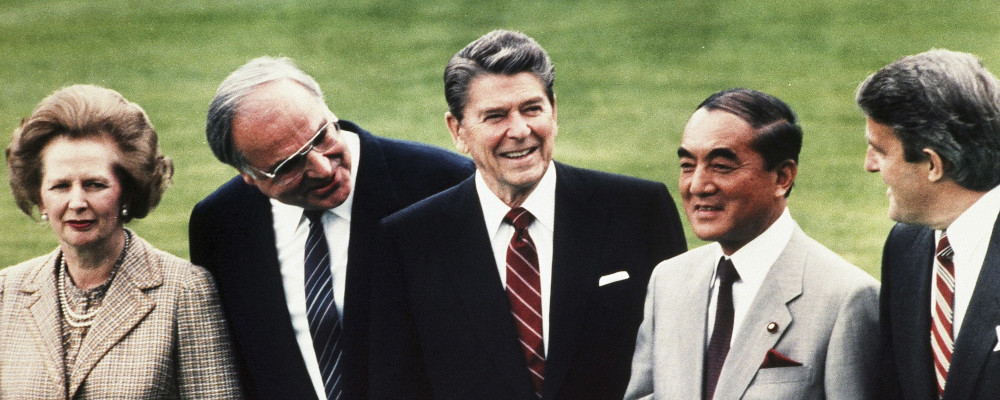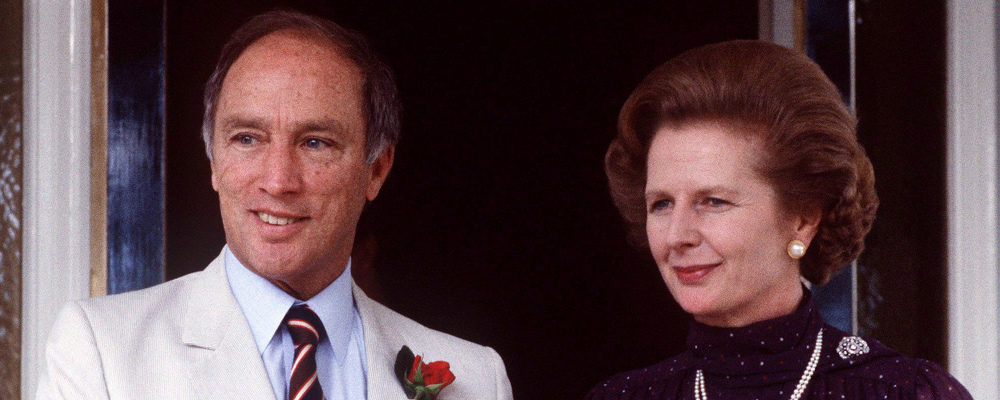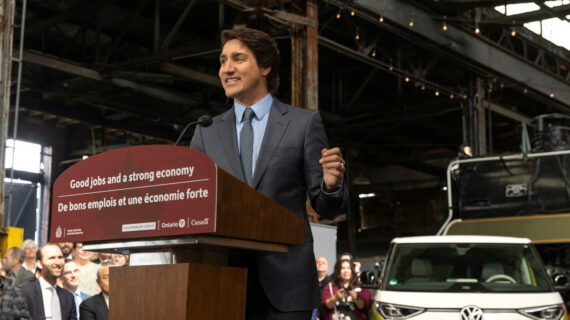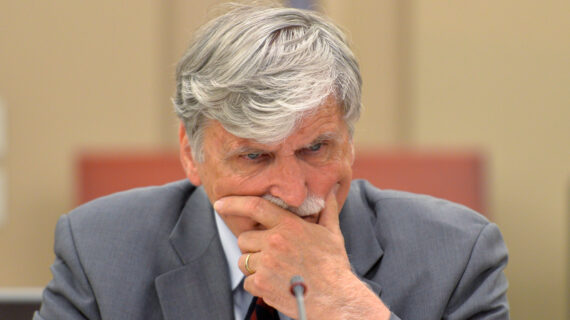The COVID-19 pandemic has underscored a major flaw in the culture of the modern West. We have a collective action problem.
It is painfully difficult to invoke the idea of ‘us’ — of society, the nation, the collective will, whatever you want to call it — and expect to garner even a modicum of respect, let alone widespread agreement.
Those who call for national sacrifice, who praise the collective need of society or the nation, are in a bind. We are forced to make the kinds of arguments that have, for the past half-century, been labelled illegitimate. In a culture of rights, who cares about responsibilities?
In a culture that sees social expectations as a form of oppression, where regulation by the state or society is the bogeyman in our nightmares, can we really expect everyone to wake up in the morning of our pandemic present and suddenly agree that we are all in it together?
It might be tempting to see this as a flaw of only a few oddities — perhaps the irrationality of anti-vaxxers, or the hyper-individualism of anti-maskers. But to target a few groups is to miss the bigger picture. The ingredients of our collective action problem have been simmering in the stew of Western culture since the 18th century only to, in the half-century after the 1960s, begin to boil over and create a whole new taste that we’ve been pretending is the radically new flavour we were aiming for all along.
The Left has a name for this hyper-individualistic, selfish cultural transformation that has reshaped the world: they call it neoliberalism. And there’s a great deal of accuracy in their characterization. This is the idea that, beginning with Reagan and Thatcher, a large number of prominent actors began to reshape society to idolize the perfection of markets. It was time to deregulate industries and do away with government controls, certainly with government ownership. Free trade deals were meant to liberate individuals and companies to find the right equilibrium in international trade, to allow the invisible hand of the market to work its magic.
Social solidarity had no place in this neoliberal utopia, and neither did universal welfare programs, labour unions and their ethic of collective action, or the bonds of social solidarity.
When political conflicts are transformed into rights language, there is little room for compromise. Either you have a right or you don’t.
Canada never quite matched this fear-induced vision of neoliberal social-obliteration. The Mulroney governments of the 1980s never cut as deeply as their opponents claimed, and the Chretien/Martin governments of the 1990s, while temporarily committed to austerity, were also disinclined to give up the social welfare provisions, especially universal health care, that Canadians had come to see as intrinsic to our national identity. But it’s certainly true that social solidarity thinned out. State-owned companies were sold off and social policy happened more by tax policy and less by collective action.
But to pretend that this radical social fragmentation is only about markets and this narrow definition of neoliberalism is to misunderstand our recent history. The move towards a culture of radical individual autonomy came as much from the Left as it did from the Right. The two sides simply targeted different forms of regulation.
Take, for example, the rights revolution — that historic transformation in our politics that saw individual rights as the essential condition of our common sense. This is fundamentally about liberating individuals from potential control by the state or social ideas and institutions. When every jurisdiction across the country beginning with Ontario in 1962 introduced Human Rights Codes and then when those same ideas where enshrined in the Charter in 1982, they were making a claim that the individual came before society. Individual rights trump parliamentary and national sovereignty. For the most part, we have celebrated this transformation and with good reason.

Yet we shouldn’t ignore what it does to our politics and our vision of society. It is a triumph of the individual over the collective. It is about limiting the power of Parliament and society — of churches or employers or social majorities — from trampling over the rights of individuals. While this has brought tangible benefits it also came with unanticipated consequences.
In his book The Rights Revolution Michael Ignatieff identified this problem years ago: in a culture of rights, what happens to responsibilities? He didn’t have a clear answer then and there still isn’t one today. But we are left with the problem. When political conflicts are transformed into rights language, there is little room for compromise. Either you have a right or you don’t. These are matters of right and wrong, good and evil. As soon as we understand issues in these kinds of moralizing terms, our willingness to compromise and to think of the common good evaporates.
It isn’t only about rights. Contemporary culture since the 1960s continuously reminds us that meaning and value and even truth itself can be found within the individual and not society at large. The years since the 1960s saw the rise of a therapeutic culture of self-improvement and self-fulfilment. Where an earlier Christian culture had focused on self-denial and original sin, major trends in the modern West emphasize that true meaning and value lie within the self. Increasingly, when it has come to conflicts between the self and society, it is society which is supposed to give way.
The major trends in educational thinking and parenting advice over this time period have told us to be ‘child-centred’, to be increasingly democratic, to focus less on society’s needs, the knowledge of the teacher, or parental authority, and instead try to discover the inner potential of the student and the child. Similarly, Canada’s multiculturalism policy, ever since Pierre Trudeau first enunciated the idea in 1971, has been centred on the idea that while Canada might have two official languages it has no official culture. All are welcome and all cultures are valued.
We have been steeping in this individualizing anti-social logic for a half-century.
I can’t emphasize enough that there is great value in these developments. They have made the modern West, and Canada in particular, a more dynamic and accepting and democratic space. But they have also come with a cost. They have hollowed out our sense of collective belonging, trampled previously cherished institutions and traditions, and raised up the idealized individual to a position of sacred prominence. These developments have increasingly delegitimized any claim of social authority except to prevent other individuals from getting in your way. We exist to shield each other from being bothered by others. Unity in disunity. Freedom in alienation.
We have been steeping in this individualizing anti-social logic for a half-century. Indeed, given how widespread these ideas have become — whether neoliberalism on the right, or what we might see as meoliberalism on the left, the real question isn’t why is it so hard to get people to sacrifice for the collective good? That ought to be a given.
A more intriguing question might be why isn’t our collective action problem bigger than it already is? And how long will people sacrifice their freedoms before it all begins to seem like oppression?




